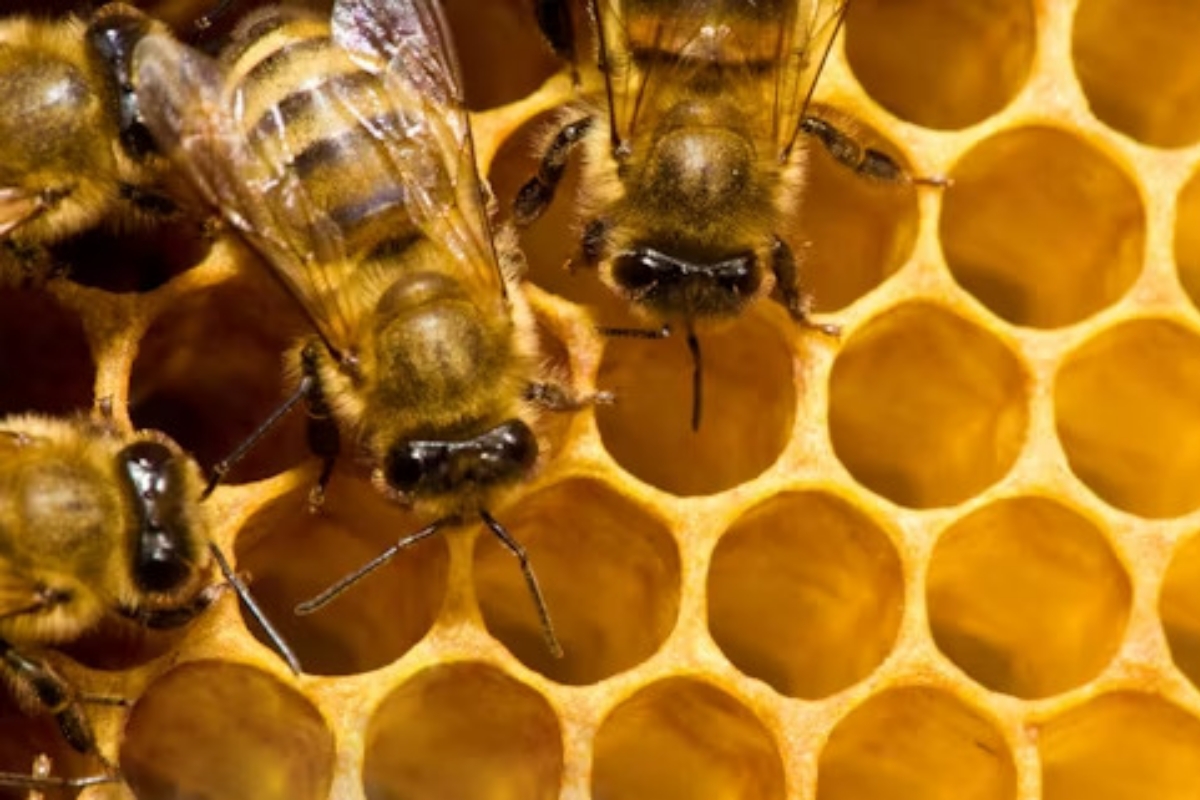
A new beer is being brewed by microbiologists, using extracts found in killer bees from Namibia.
Scientists from Cardiff University have used brewer’s yeast that resides in the gut microbiome of killer honeybees in Namibia and applied it to develop a unique craft beer.
The Cardiff microbiologists originally visited Namibia as part of a project that unites Cardiff University and the University of Namibia for sustainable environmental development, when the scientists became interested in the Africanised honey bee – also known as the killer bee.
“When we got back to Cardiff, we used the isolated killer bee brewers yeast, along with yeast from Welsh honey bees, to make several batches of beer.”
The beer has been developed by a group of scientists working at Cardiff University’s School of Pharmaceutical Sciences. The Pharmabees project is exploring how the pollination of certain plants could lead to the development of drugs to treat superbugs and antibiotic resistance.
The project has placed numerous bee hives around Cardiff University, as well as specific plants, to encourage the production of super-honey and aid the School of Pharmacy and Pharmaceutical Sciences’ superbug research.
The Killer Beer aims to combine scientific understanding of microbiology and Cardiff’s research into bee-related products to produce something unique. The scientists are now looking for a brewer to collaborate with to bring the killer bee beer to market, with proceeds helping to support bee research in Wales.
“Our Killer Bee Beer is a fun side project to our wider Pharmabees studies. Our research into bees is uncovering how honey, beeswax and other bee biproducts can play a role in solving some of the world’s biggest challenges – including tackling antibiotic resistance and superbugs.
SOURCE: Cardiff University (Press Release)
PHOTO CREDIT: On File
